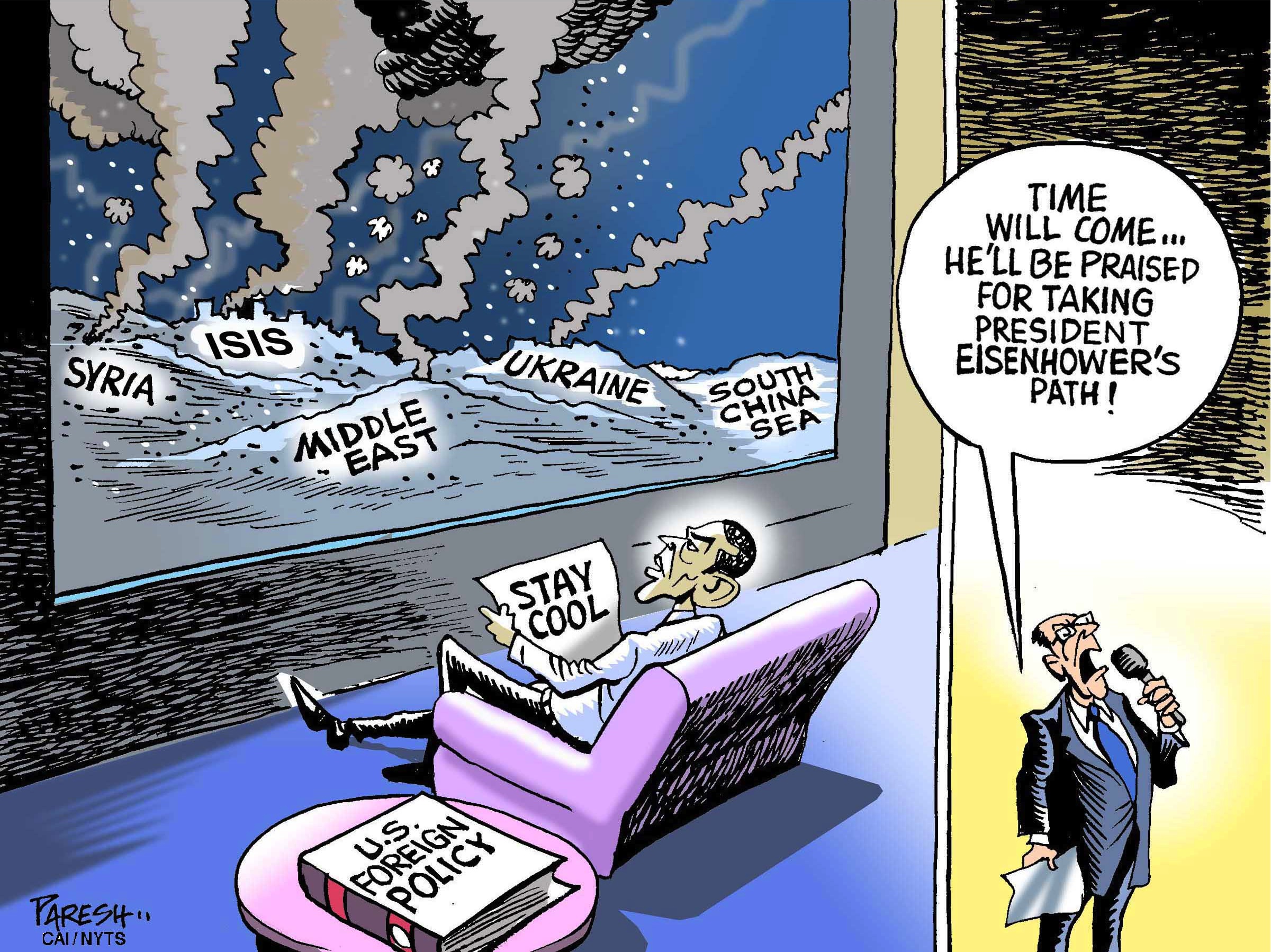Ronald Dworkin, the legal philosopher who died in 2013, famously used a metaphor once to explain the core of his thinking on the philosophy of law. In the context of American common law and constitutional interpretation, Dworkin analogized the role of judges as the writers of a "chain novel." The law, per Dworkin, was a collective novel, composed by a sequence of jurists. In his words: "In this enterprise a group of novelists writes a novel seriatim; each novelist in the chain interprets the chapter he has been given in order to write a new chapter, which is then added to what the next novelist receives, and so on."
When reading Jeffrey Goldberg's new article in the April 2016 issue of the Atlantic, which seems to have opened the doors to a public debate measuring the legacy of the Obama administration's foreign policy, I was reminded of Dworkin's metaphor and wondered if it might be a useful way to think about assessing the foreign policy records of U.S. presidents. Critical to Dworkin's metaphor wasn't merely the idea of continuity in the "novel" of law, but jurists had to preserve what he called "narrative coherence" — the idea that law, as interpreted by contemporary judges, had to effectively make sense given what had come before it. The core narrative had to persist, binding judges to interpret and reason about the law within certain bounds, proscribed by their predecessors and, ultimately, the constitution.
American presidents have a similar task when it comes to foreign policy. Even though the challenges they'll face will appear discrete and episodic, there is a fundamental task that has guided the exercise of American power abroad since 1945, which is making sure that the liberal international order that was set up after World War II persists unchanged. This is the "narrative" to the story of why American power has mattered.



